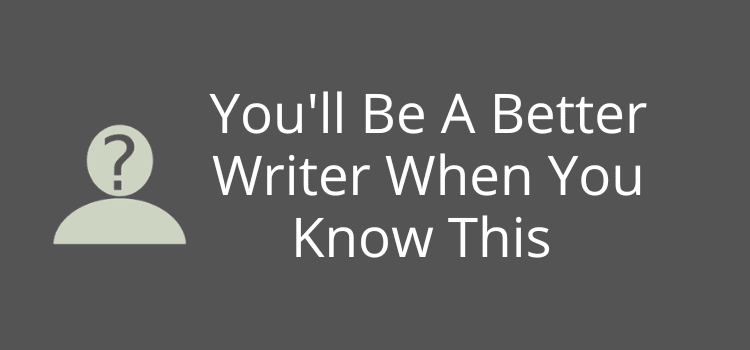
If you want to improve your writing, and who doesn’t, one of the most important things is to know your readers.
You can find lots of great advice online on how to be a better writer, and almost everything I read on the topic is true. Yes, improving your grammar, developing your writing voice, and honing your skills are all vital.
But here’s a big tip for you. Most articles I read on improving your writing miss one of the most critical pieces of advice.
Visualizing your readers can help you develop a better perspective and approach to writing because you know exactly who you are writing for.
Great, everyone loved my writing
My first foray into writing and publishing was in the last century.
Yes, I’m showing my age a bit, but that’s okay.
At the time, I was in the printing industry, and my boss let me print my book at night in lieu of overtime wages.
Looking back, it was an exercise in printing an awful book of poetry.
But here’s the thing: everyone I gave a copy to loved it.
My family and friends told me it was wonderful, fantastic, and a great achievement.
Did they actually read it? I doubt it. Most of my family and friends at the time loved football and cricket and had zero interest in poetry.
They might have flipped through a few pages, but that was probably it. Even my late mother, who was so proud of me, likely read only a few lines.
So yes, the book was a total failure. But it also taught me an extremely valuable lesson early in my writing career: know who you are writing for.
You can’t write for everyone, and trying to do so will almost always backfire.
Who am I writing for?
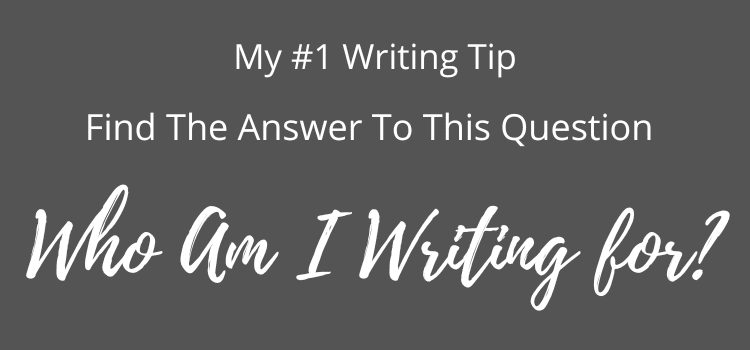
As a writer, it took me a long time to ask myself this question.
In retrospect, it was the biggest mistake I ever made.
For years, I wrote blog posts, articles, poetry, and novels, but I wrote what I wanted to write and gave little thought to who was actually reading it.
By chance, and with a bit of luck, I managed to write a couple of books that sold reasonably well, and my personal blog attracted a handful of loyal readers.
But over time, I decided to take blogging more seriously.
It had become my favorite form of writing, and I wanted to improve my skills along the way.
After a few months, I stumbled upon a discovery that changed my writing forever.
Because I’m no spring chicken, I assumed my readers were probably around the same age as me.
But I was 100% wrong.
They were much, much younger than I had imagined.
It took me a while to realize the most important factor in writing: know your readers.
Understanding who you are writing for transforms everything.
It helps adjust your tone, your topics, and how your writing can connect better with your audience.
Discovering your readers
If you want to improve your writing skills, the best thing you can do is find out who is attracted to your writing.
When you can visualize and get to know your readers in a general sense, you can better understand their motivation for reading your writing.
Then you stand a much better chance of writing for them.
When I started this blog, I had some preconceived notions.
It wasn’t until I started noticing my readers that I discovered I was wrong. Here are some of my incorrect assumptions.
1. The majority of my readers are men – Wrong
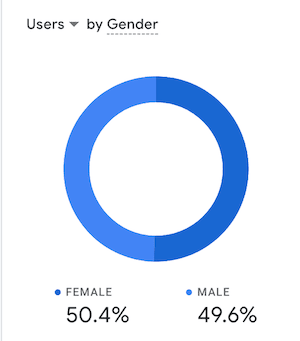
When I looked at the readers-by-gender graph, I realized my audience was about 50/50, which was completely different from what I had assumed.
Knowing this changed how I approached my writing. I avoid relying on gender-specific topics, and I make small grammar adjustments to reduce gendered pronouns where possible.
For example:
Instead of: “I read his book, but wasn’t impressed with his long narrative passages.”
I write: “I read the book, but wasn’t impressed with the long narrative passages.”
Instead of: “My doctor is always running late, but he always apologizes.”
I write: “Doctors are always running late, but mine always apologizes.”
These are subtle changes, but they help make my writing feel inclusive and relatable to all readers.
Once again, it’s a reminder that even small insights about your audience can influence your writing.
2. Most of my readers are of a mature age – Wrong
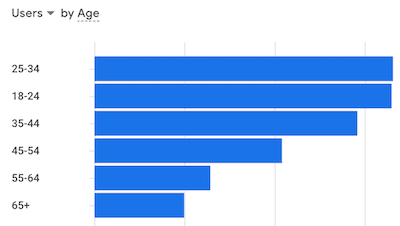
When I checked the readers by age graph, I was shocked to discover how young my audience really is.
I had assumed most were closer to my own age, but the data told a very different story. This realization forced me to rethink how I wrote my advice articles.
I began focusing more on helping younger writers who were just starting out, while still aiming to provide enough depth to keep more experienced writers engaged.
It is always a balancing act, but one that pays off. By learning about my readers, I could shape my content so it spoke directly to their stage of writing and not just the stage I imagined they were in.
3. Most of my readers live in the United States – Not quite wrong
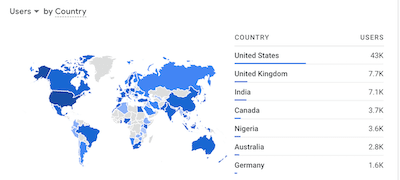
The readers by country graph showed that 45 percent of my readers are in the US.
That is a large share, but it also means that 55 percent of my readers live elsewhere.
Appealing to an international audience is not always easy.
However, once I understood this balance, I started to focus more on themes, topics, and advice that apply to writers in any country.
Knowing your readers in this way helps you write content that feels relevant and useful, no matter where they live.
4. Most of my readers are English-speaking – Correct
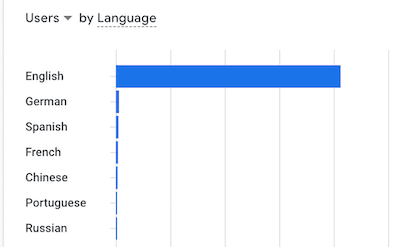
The readers by language graph showed that about 85 percent of my readers use English as their first language.
That still leaves around 15 percent who read my articles in English as a second language.
I did not want to lower the level of my writing based on this information. However, I do try to simplify certain parts of a text to make it easier for everyone to follow.
As a general rule, I aim for a Flesch reading ease score of between 65 and 75 for my articles. It helps keep my writing clear without talking down to my readers.
5. Most of my Facebook followers are in the US – Wrong
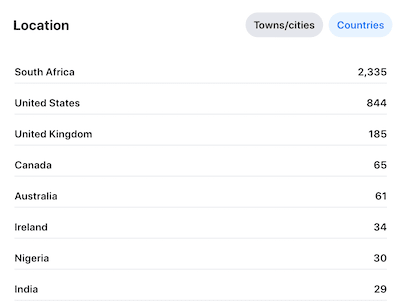
The Facebook countries’ data gave me a complete surprise. South Africa was at the top of the list, not the United States.
I only made one small change based on this information.
When I refer to English-speaking countries in my articles, I now include South Africa along with the US, UK, Australia, and New Zealand.
It is a simple adjustment, but it shows again how useful it can be to know where your readers come from.
6. My Facebook followers are of a mature age – Wrong
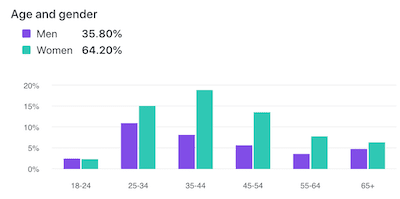
The Facebook demographics showed me something unexpected. I had assumed younger people were spending their time on Instagram or TikTok, but many of my followers on Facebook turned out to be younger than I thought.
Because of this, I made a small adjustment. I became more selective about what I share on Facebook to keep it engaging for a broader age range of readers.
It was another reminder that when you take the time to learn a little more about your readers, the data often challenges your assumptions.
How to use the information
Of course, you can’t know your readers individually. But the data above gives you a clearer picture to keep in mind whenever you write.
In my case, I imagine I am writing for a man and a woman between 25 and 45 who are looking for answers to their questions.
They want to learn how to self-publish their first book or how to write stronger articles that will engage more readers.
Because my audience is younger than I once thought, I also assume they are more tech-savvy and quick to adapt to new tools.
That is why I avoid writing long, step-by-step instructions. For them, it would be tedious rather than helpful.
The lesson is simple. The more information you have about readers, the more effectively you can write for them.
How can you access your readers’ demographics?
Google Analytics is one of the best free tools you can use to learn more about your readers.
You might think it only works with WordPress blogs, but that is not the case. You can connect Google Analytics to almost any free blogging platform or site builder.
All you need to do is search online for:
How to set up Google Analytics for [your platform]
For example, if you use Tumblr, you will find instructions on how to add Analytics to your Tumblr account.
The same applies to Blogger, Wix, free WordPress, or Weebly.
Analytics is worth setting up because it can tell you so much about your visitors. Once you know who is reading your work, you can adapt your writing to engage the right audience.
For example:
If you write teen romance, you want to attract young female readers.
If you write military history, your audience may be mostly older males.
Contemporary romance usually appeals to a broad age range but is often read mainly by women.
The more you know about your readers, the easier it is to make small adjustments that strengthen your connection with them.
Other ways to learn about your readers
Whenever I receive a comment or a contact message on my blog, I take a moment to imagine the person behind it.
One quick way is to look at the avatar or Gravatar, since many people use photos on their profiles.
Another is to analyze the comment or question itself. Where are they from, what do they care about, and what problem are they hoping to solve?
It does not matter whether you are a blogger, content marketer, author, or poet.
Even authors can learn a lot by looking at their book reviews and picking up on small hints about the reviewer’s background.
Discovering as mu
Does it work?
I have to say that for me, yes, it does.
In 2016, I averaged around 300 visitor sessions per day.

Today, the average is about 4,000 visitors per day, which is about a fifteenfold increase.
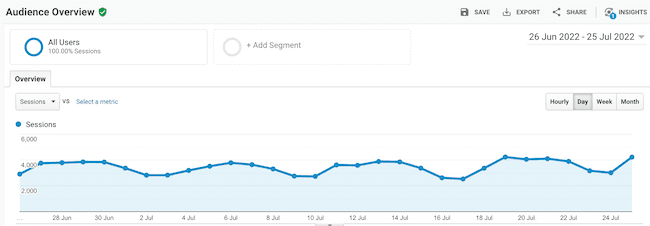
I honestly believe that paying careful attention to my readers is one of the primary reasons for the steady increase.
Summary
As a writer, you pick up plenty of tips and advice along the way, and you should use them all.
But learning about, understanding, and discovering who your readers are is still at the very top of my list.
Knowing who is interested in your work and who wants to read it will improve your writing in more ways than you might expect.
So if you take only one thing from this article, let it be this: take the time to know your readers, and you will become a much better writer.
Related reading: How To Write A First Sentence To Hook A Reader’s Attention
Share This Article
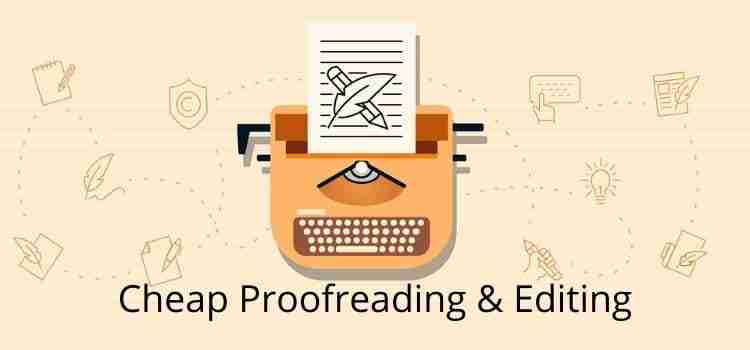
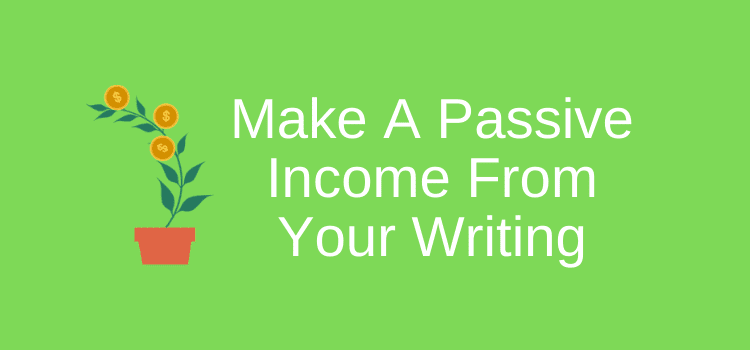
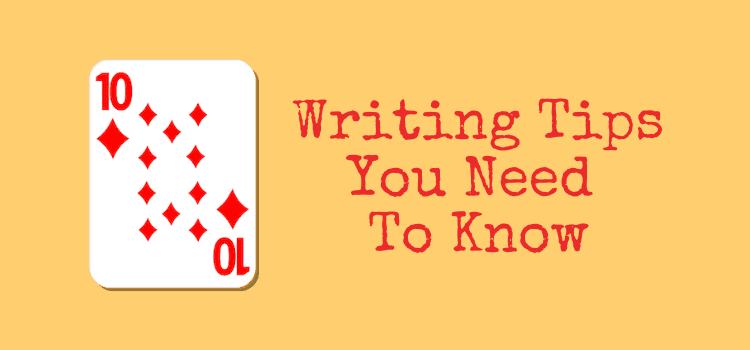
Mr. Haines, my name is errol brumm. I am extremely pleased with what I read from your help for beginners…
I have a question regarding my book I do so want to write before it’s time for me to meet my maker. If you would offer your opinion, I would be extremely pleased. So with no Further ado I’ll let you know enough to evaluate your answer. Only fair. I am a 79 year old, Retired after over 25 years service in the US Army. Have combat experience and am 90% disabled. Family I did have but no longer. That should do.
Now the question. My book is going to cover family from my age of 6 years centering on my life and then the life of my young wife while I was in the service.. Had 2 boys who I haven’t heard from in a long time. My 1st wife after 36 years of wonderful togetherness fighting several different challenges I passed away in 2001 from Leukemia. After her passing I decided to take on the VA Veteran’s Administration in many battles. Seems Duplicity at it’s best. Constant innuendo, lies, and many just true incompetency of the raters and Medical Personnel offering information in the answers offered to affect my ratings.
Here’s the question. How would I encompass all three in the book Framing? I could actually write 3 books but want it in the 1 . only. My time could be short.
No I’m not going to try to bring Hell Fire and Brimstone upon the VA. The book and everything written in it is documented well. It is mostly information and the significance of Duplicity.
.
Thank you stay well
You have a few choices, Errol.
Three books might work if you publish ebooks. But if you are writing your book for posterity, publishing one print book could be an option.
Alternatively, you could try to find a literary agent or publisher.
The only difficulty could be that memoirs and biographies are quite challenging to sell. So you would need to have realistic expectations.